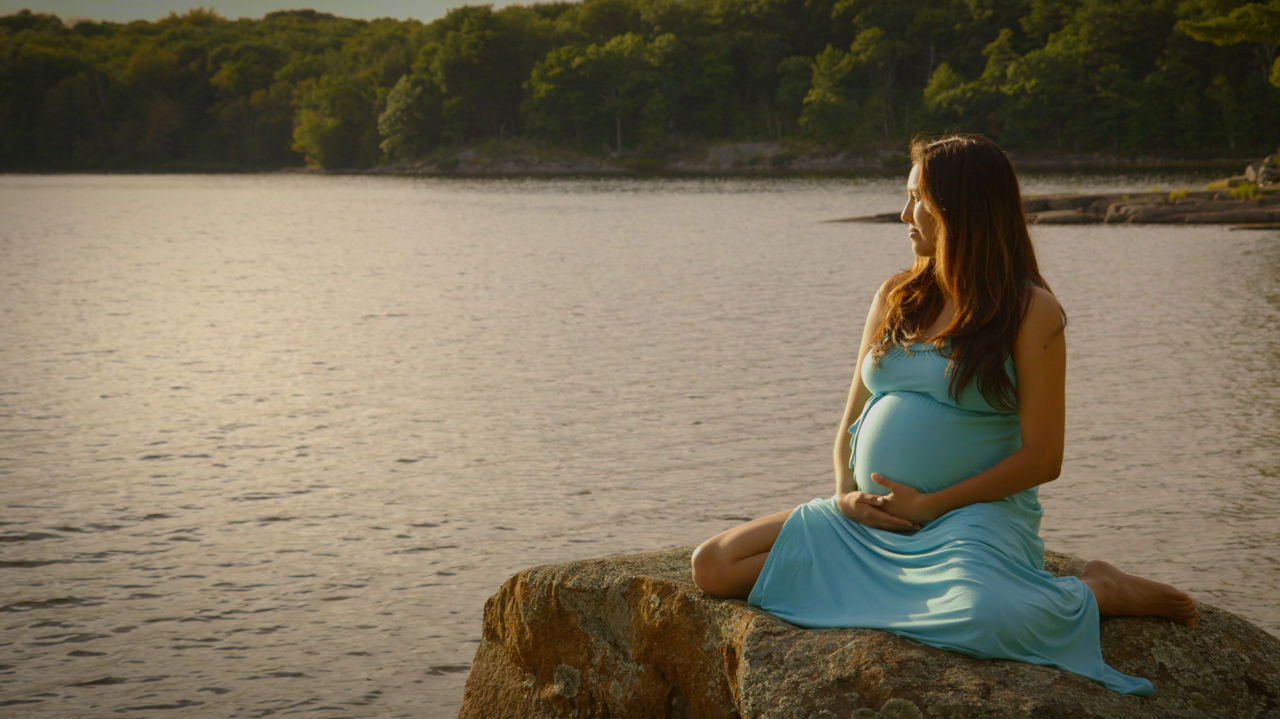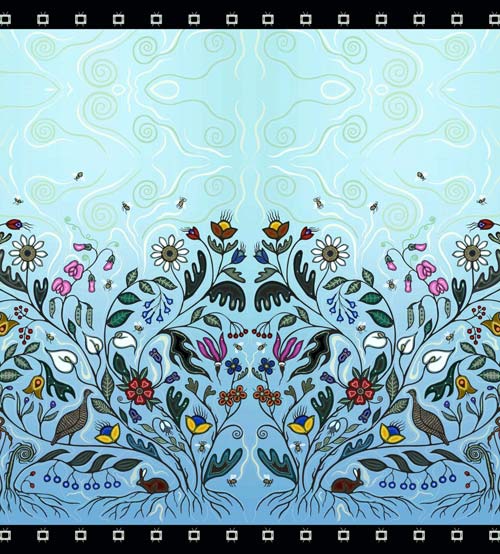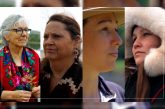
My sister was birthed in 2007 with the care of Indigenous midwife, Sara Wolfe and the support of Seventh Generation Midwives of Toronto (SGMT). It was a positive experience for my family – restoring Indigenous birth practices while receiving culturally grounded quality care.
Spirit of Birth is a short documentary produced by MAAIINGAN Productions and Frog Girl Films directed by MUSKRAT Magazine Editor, Rebeka Tabobondung that provides an in-depth look into the ways in which Indigenous birth practices are being actively restored through the work of SGMT and the Toronto Birth Centre. The documentary is full of powerful imagery, illustrating how integral it is for families to connect with Mother Earth when new babies are brought into this physical world in a sacred way.

The doc opens with the late traditional Elder and knowledge keeper, Marie Anderson who shares her mother’s birth story about her baby’s first cedar bath and her warnings of western doctors dismantling Indigenous midwifery practices.
Providing a look into how the Toronto Birth Centre was first established, Spirit of Birth offers an intimate portrait of a positive, Indigenous-led birth experience for Anishinabe mother Allysha Wassegijig. It is powerful to see Wassegijig’s journey in the birthing of her son, Caleb (Geewaydinoog – “the one who sits in the North”). Wassegijig shares her intention to “provide the baby with all the [cultural] knowledge that [she] has and more”, through access to culturally grounded services.
Cultural safety is also highlighted in Spirit of Birth as fundamental to the work of the Toronto Birth Centre and SGMT. Health Researcher, Dr. Billie Allan wants mothers and babies to be, “received with care and kindness” and to strengthen the cultural connection and healing within families without judgment of family backgrounds or situations.

Spirit of Birth shows how cultural practices like burying the placenta can be a meaningful way in which we return to our roots by engaging ceremony and giving back to the land. For Indigenous people cultural practices of midwifery and caring for babies in traditional ways is an approach toward decolonization. Providing families access to traditional knowledge in Toronto is a way that our community can ensure babies are raised with a positive sense of identity, a connection to the land, and to their own spirits.
The Toronto Birth Centre and SGMT provide babies, mothers and families an opportunity to form a deeper relationship with all of creation and life on Mother Earth. As we return to our cultural roots and traditional knowledge, we are healing as a community – moving forward to repair the colonial violence that has been inflicted on Indigenous women, children and families. Inherent birthrights and cultural practices strengthen pride in ones own Indigenous identity and can be linked to overall health and wellbeing. I can attest to this firsthand-watching my little sister grow up, I am humbled to see the confidence and pride she carries in knowing her spirit name, her clan and understanding that she is loved by an entire community.
Publisher of MUSKRAT Magazine, Rebeka Tabobondung is a community documentary filmmaker, poet and Indigenous knowledge researcher. Rebeka is an M.A. graduate in Sociology & Equity Studies in Education. Her documentary work has screened at festivals across Canada and internationally, while her written works have been published in numerous journals and anthologies throughout North America. In 2008, Rebeka was the Festival Director of the imagineNATIVE film & Media Arts Festival and was also the former Director of the Centre for Women and Trans People at the University of Toronto. Rebeka’s latest research and film work documents traditional birth knowledge from Wasauksing First Nation where she is also a member. She is the co-founder of MAAIINGAN Productions and Research Coordinator of the Indigenous Knowledge Network for Infant, Child, and Family Health at St. Michael’s Hospital.










What a heart warming story. Birth is so precious.